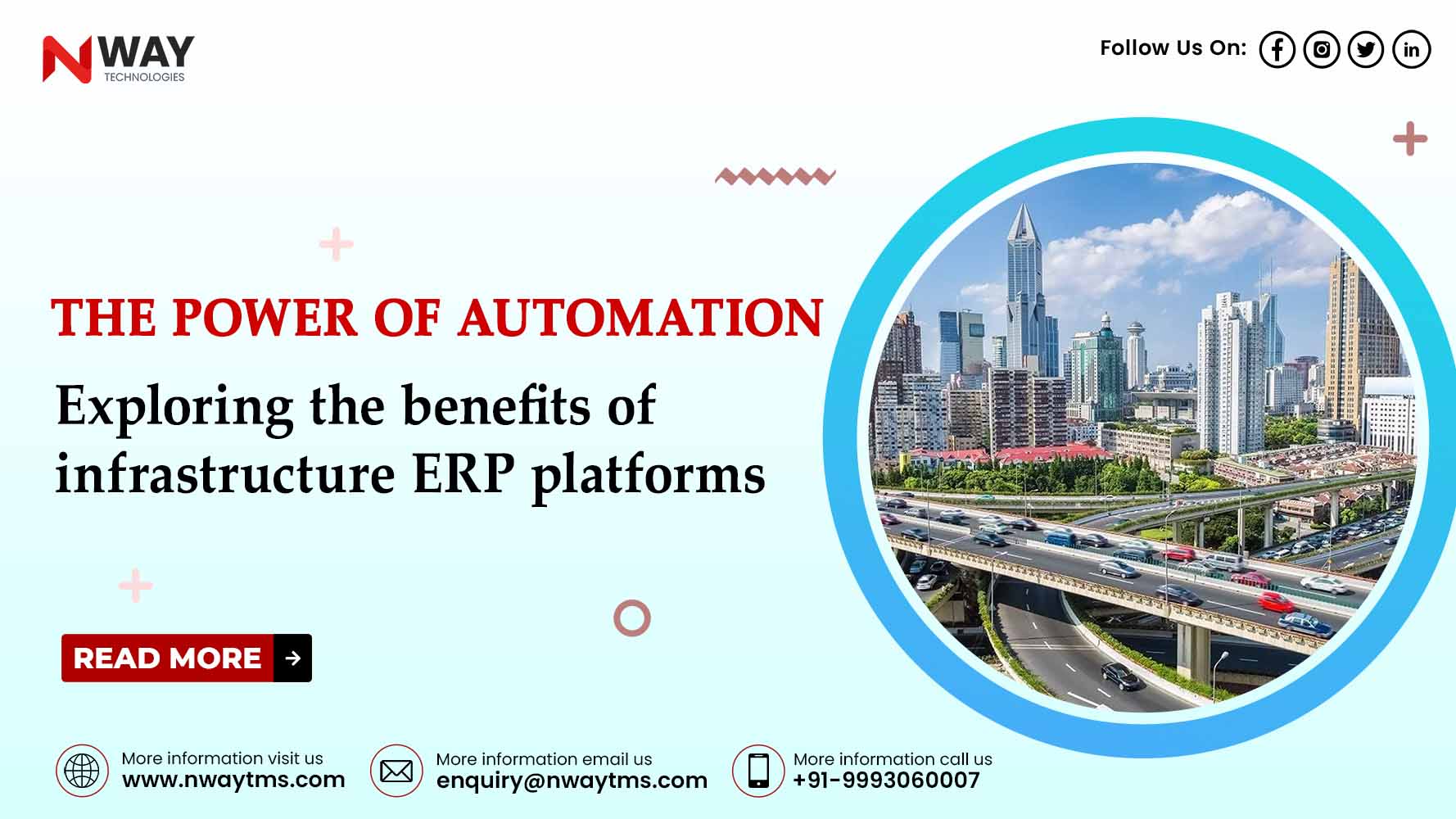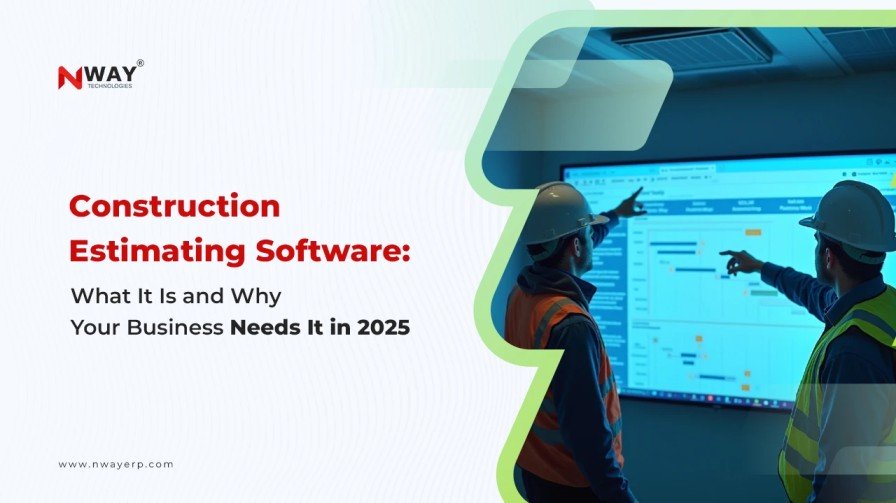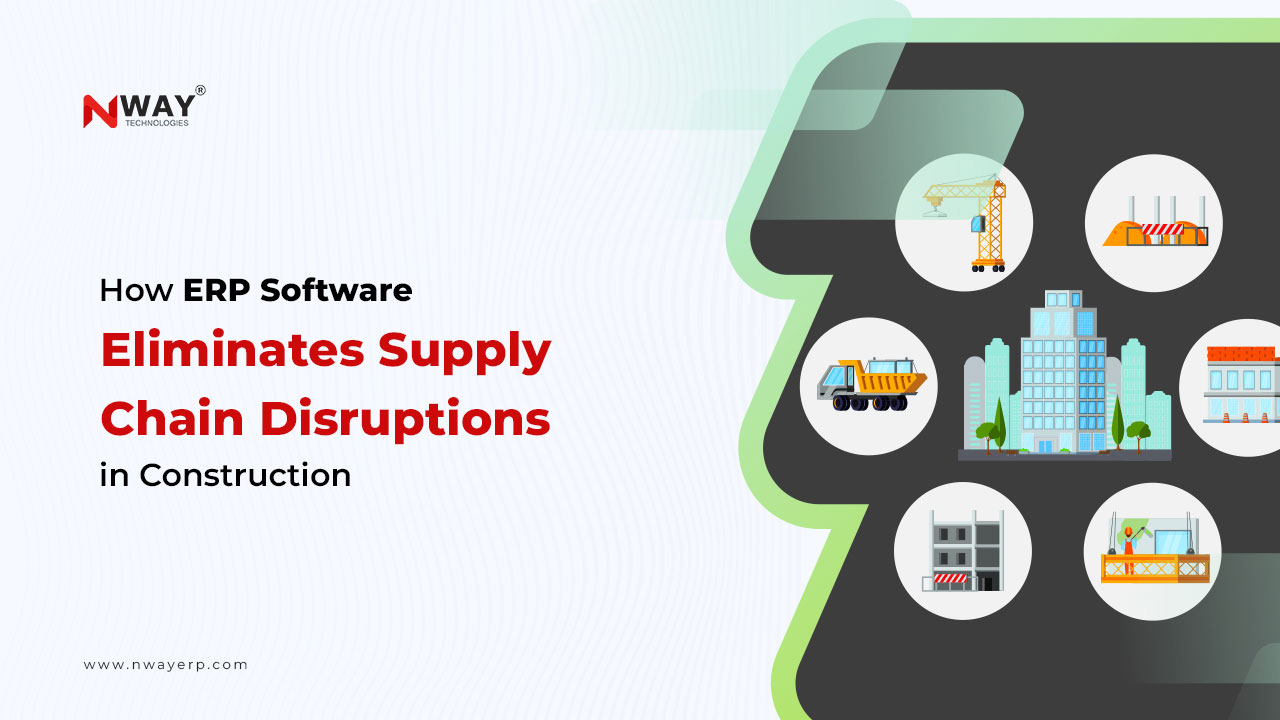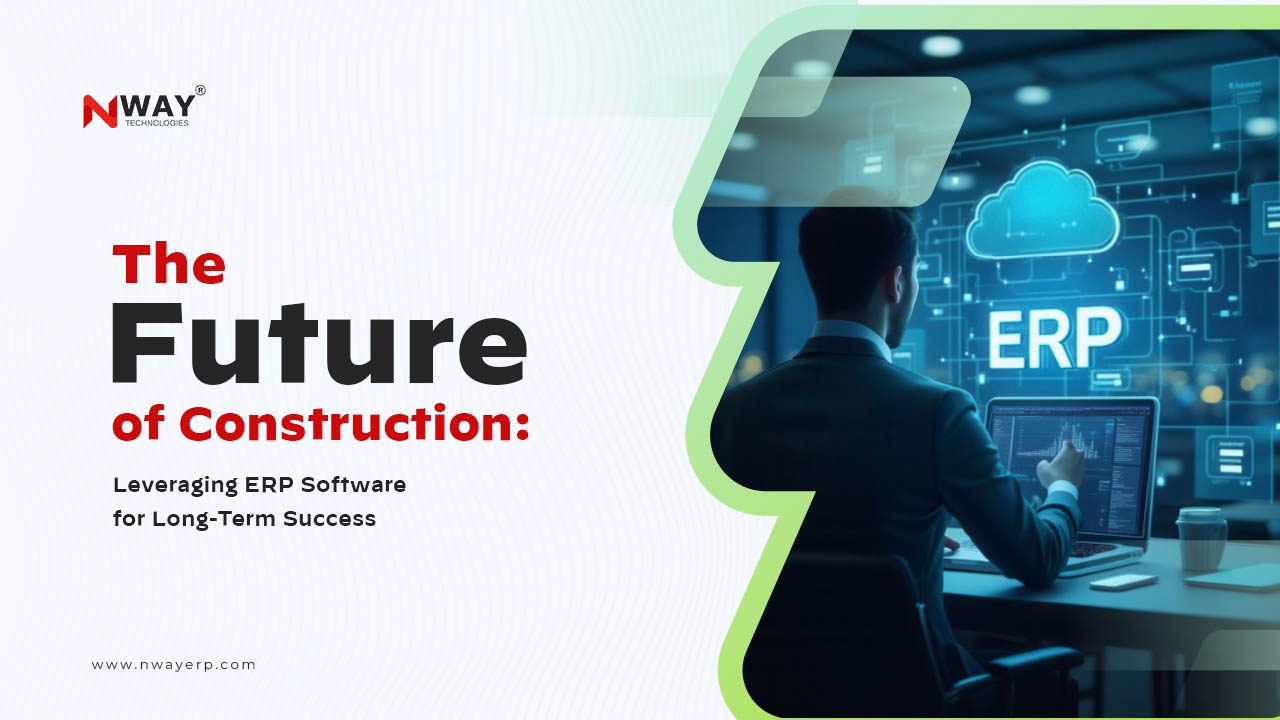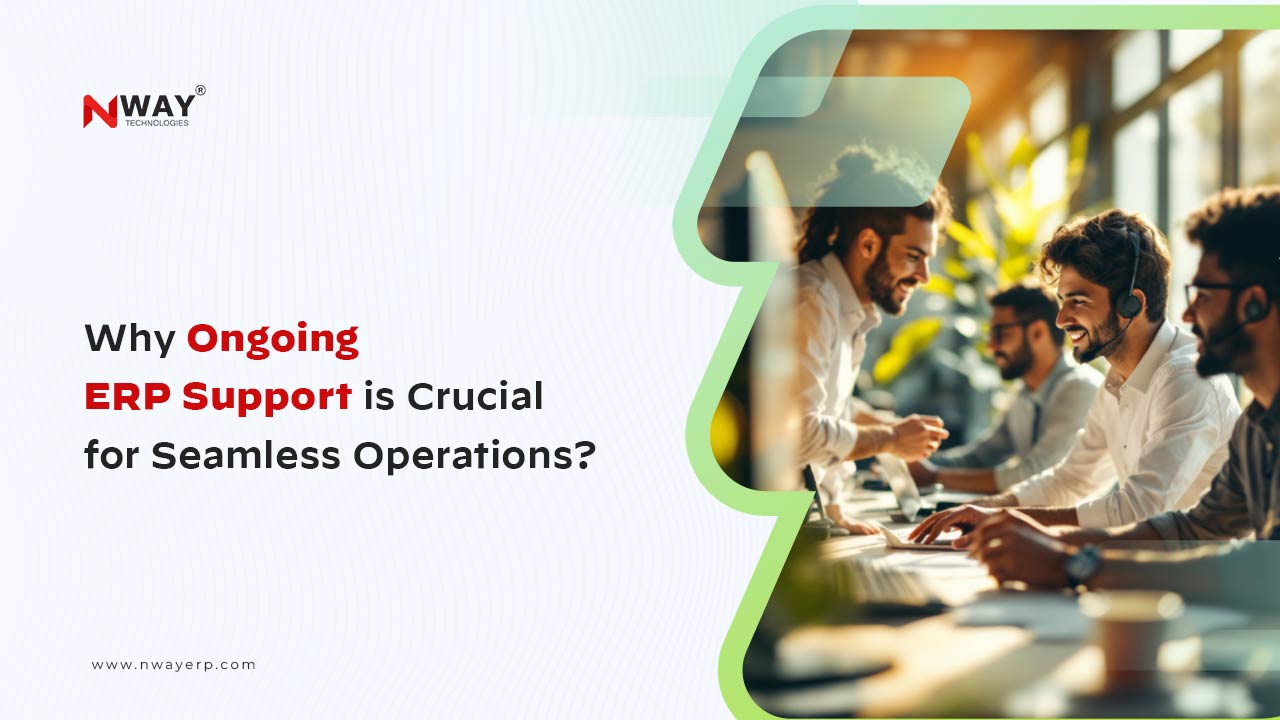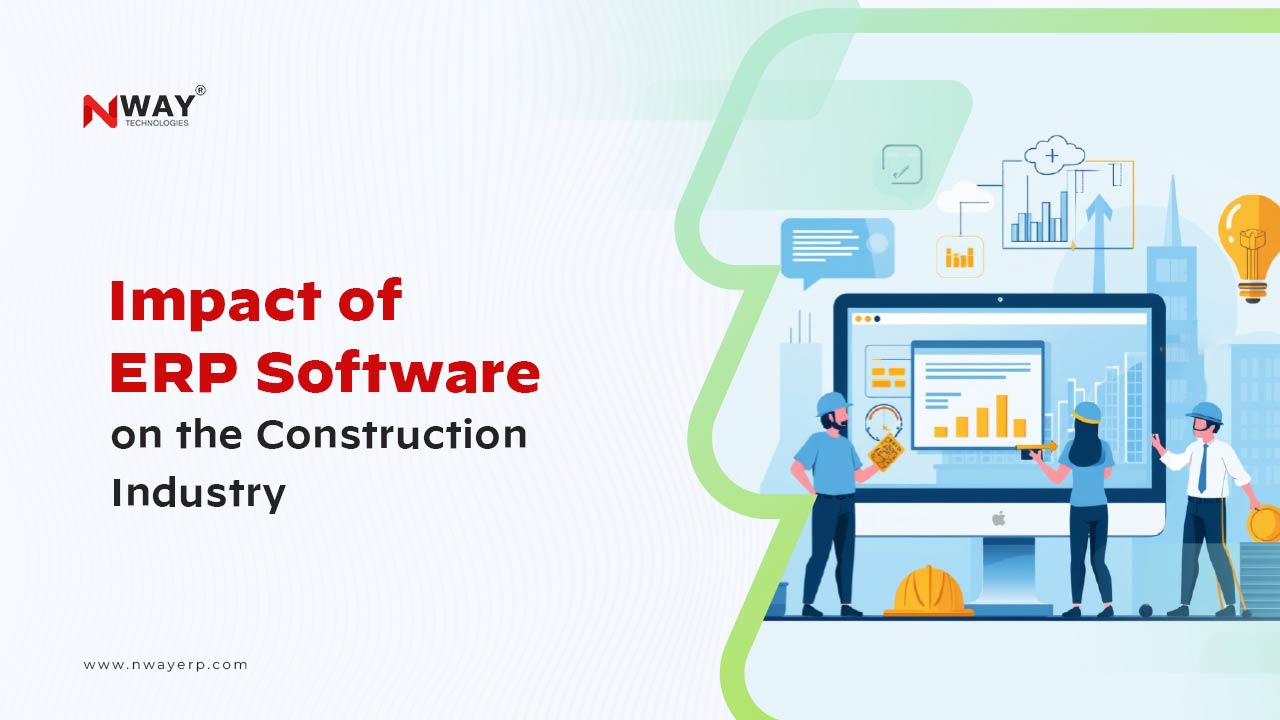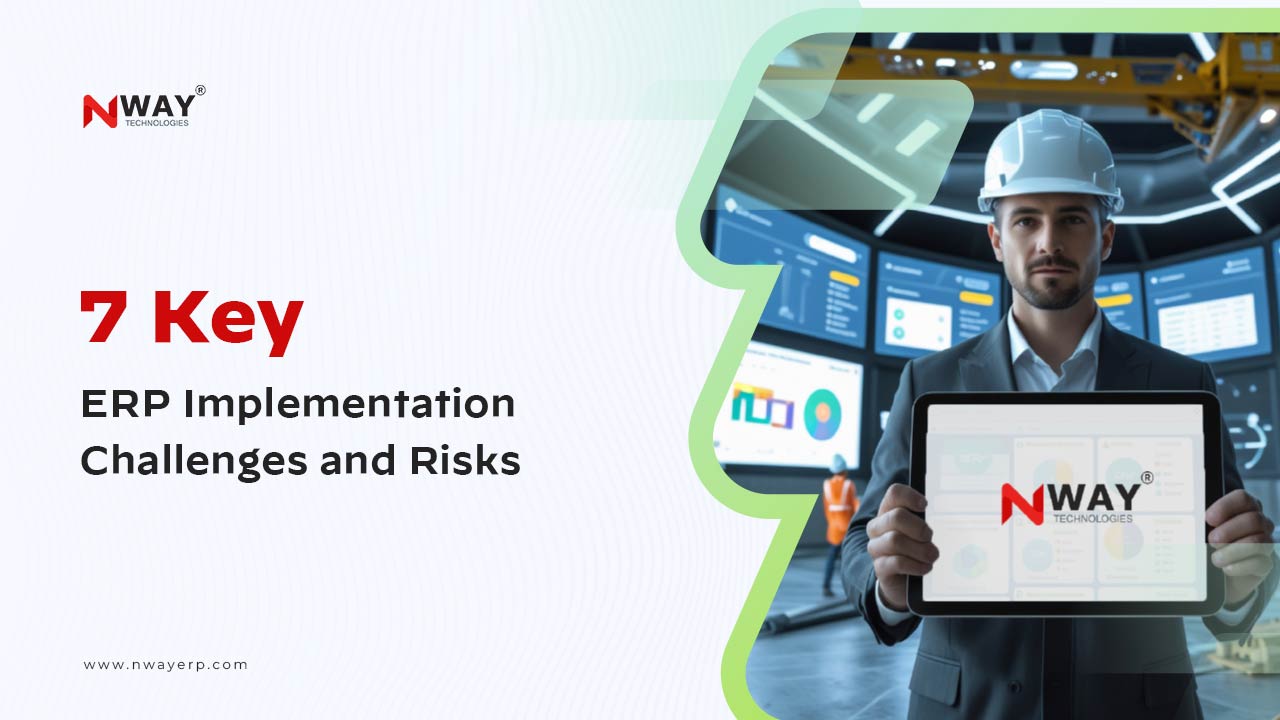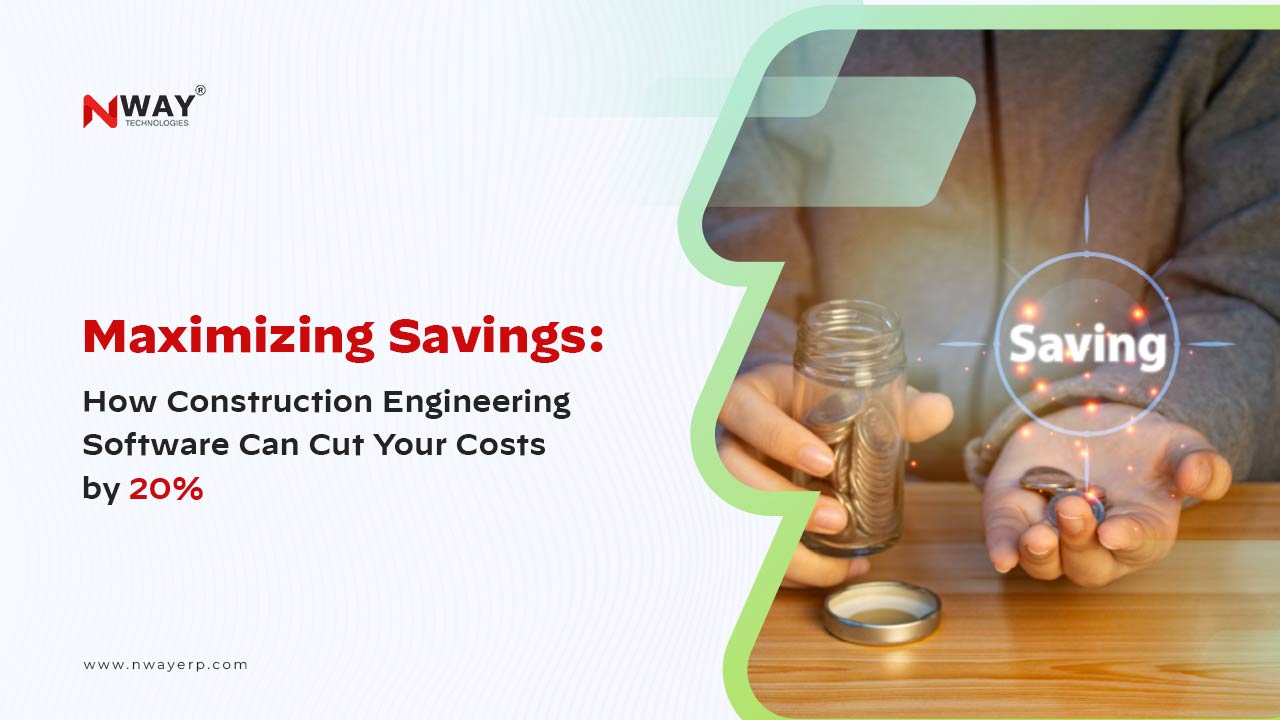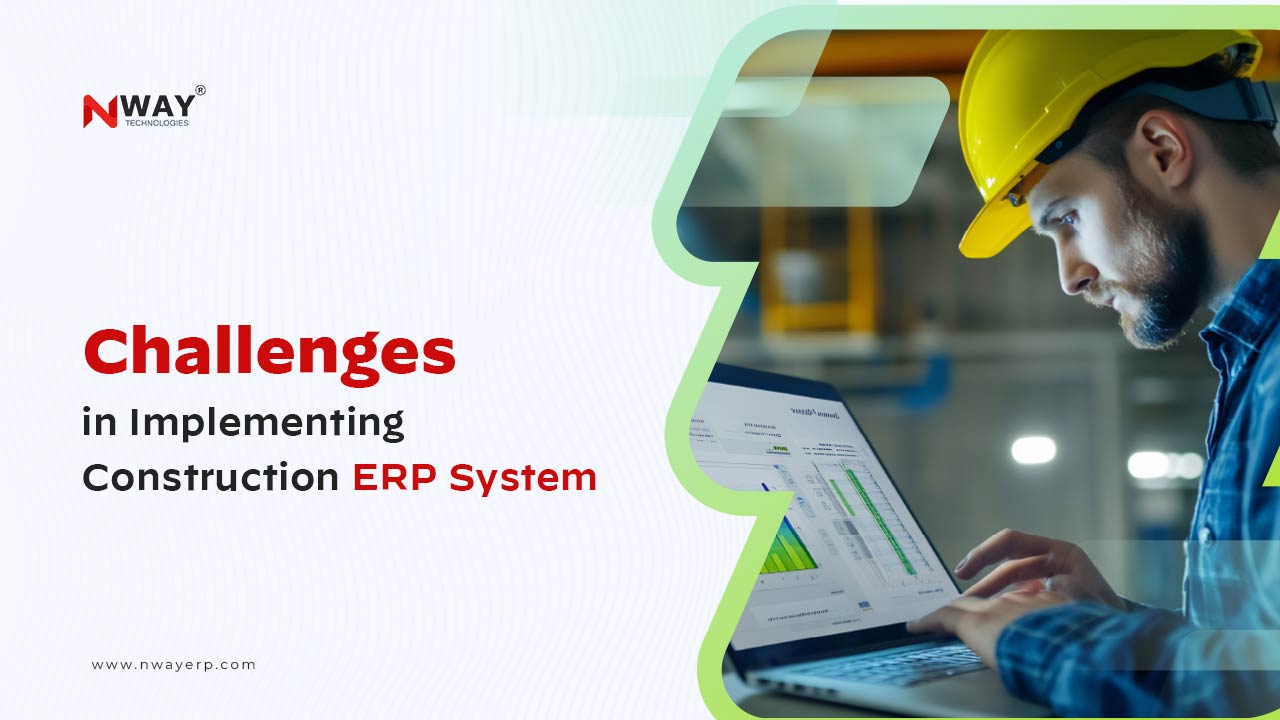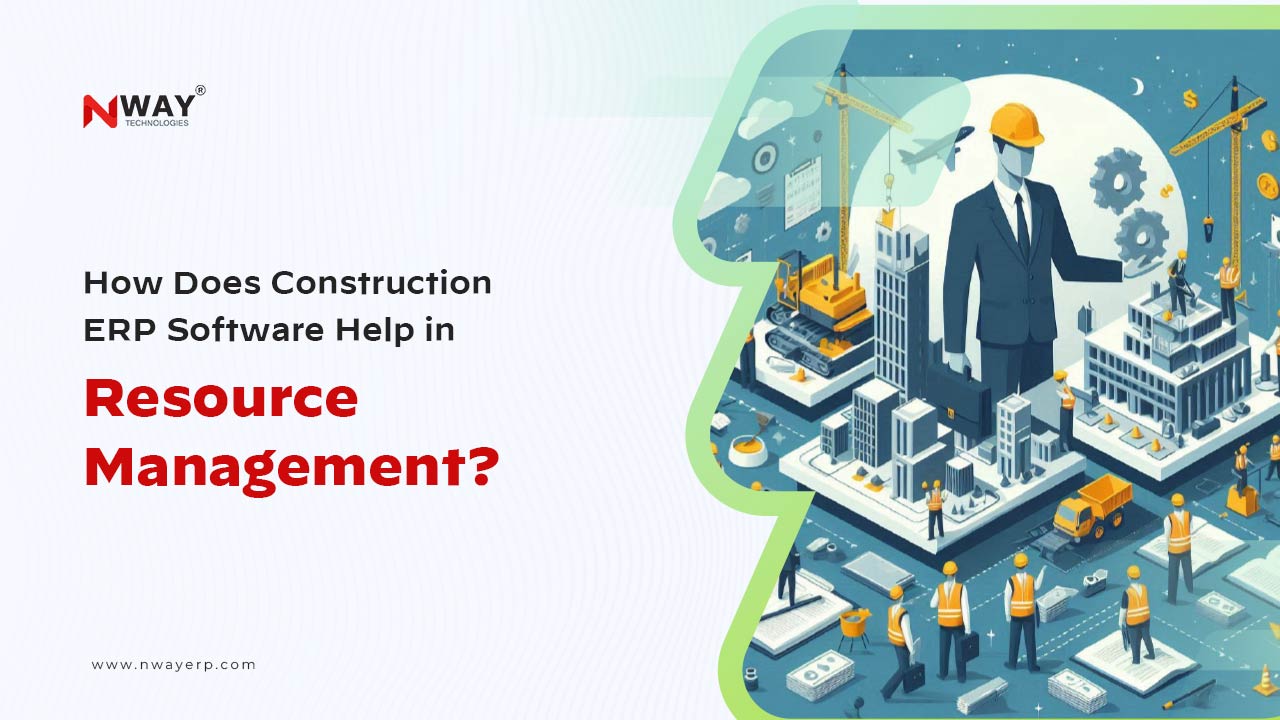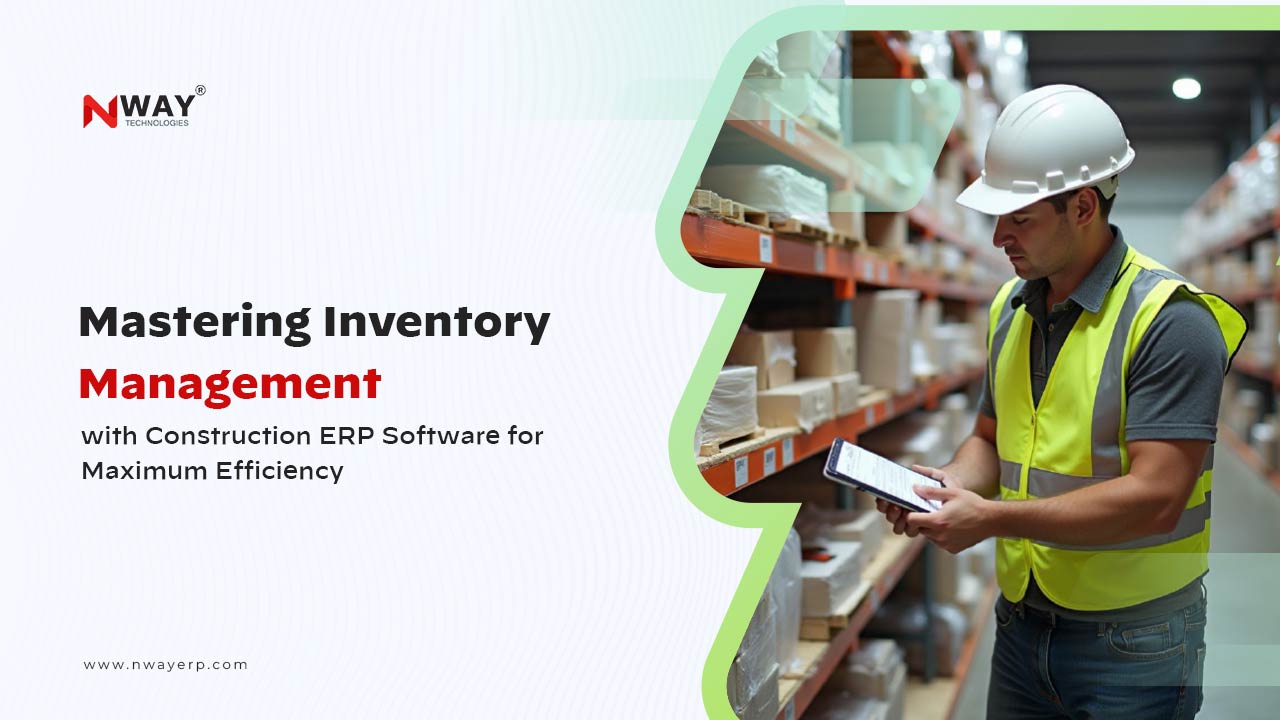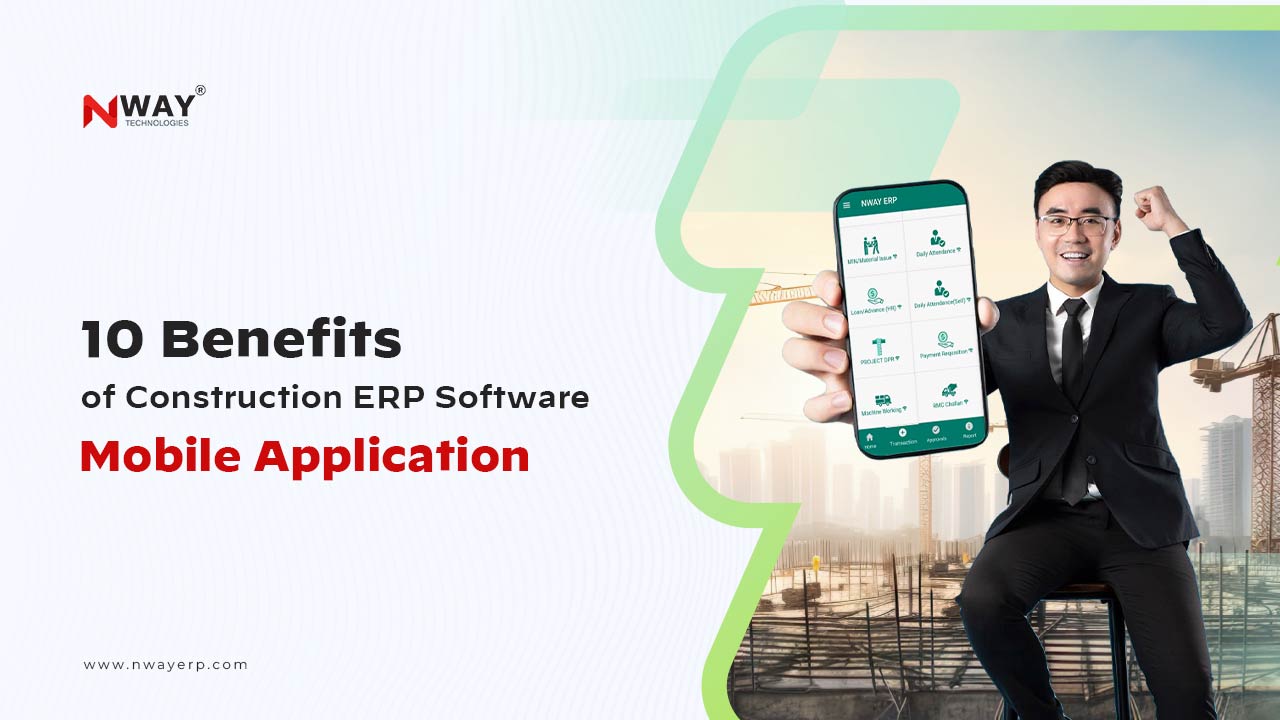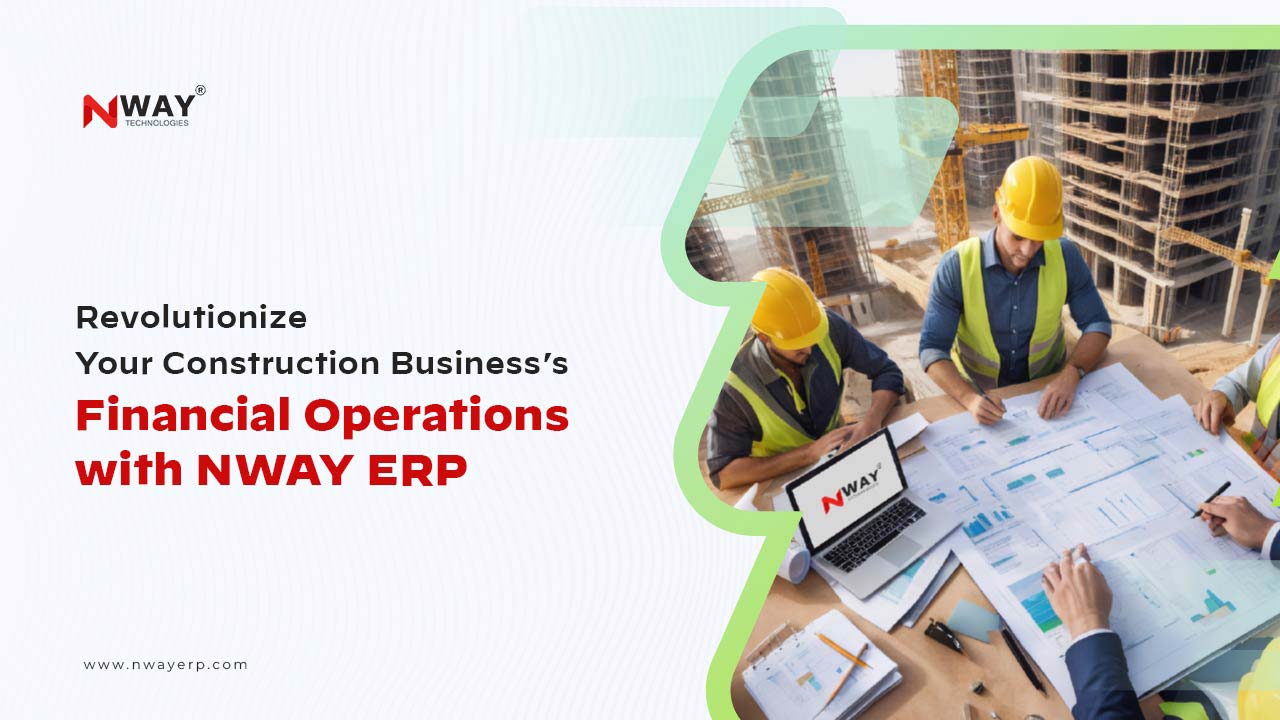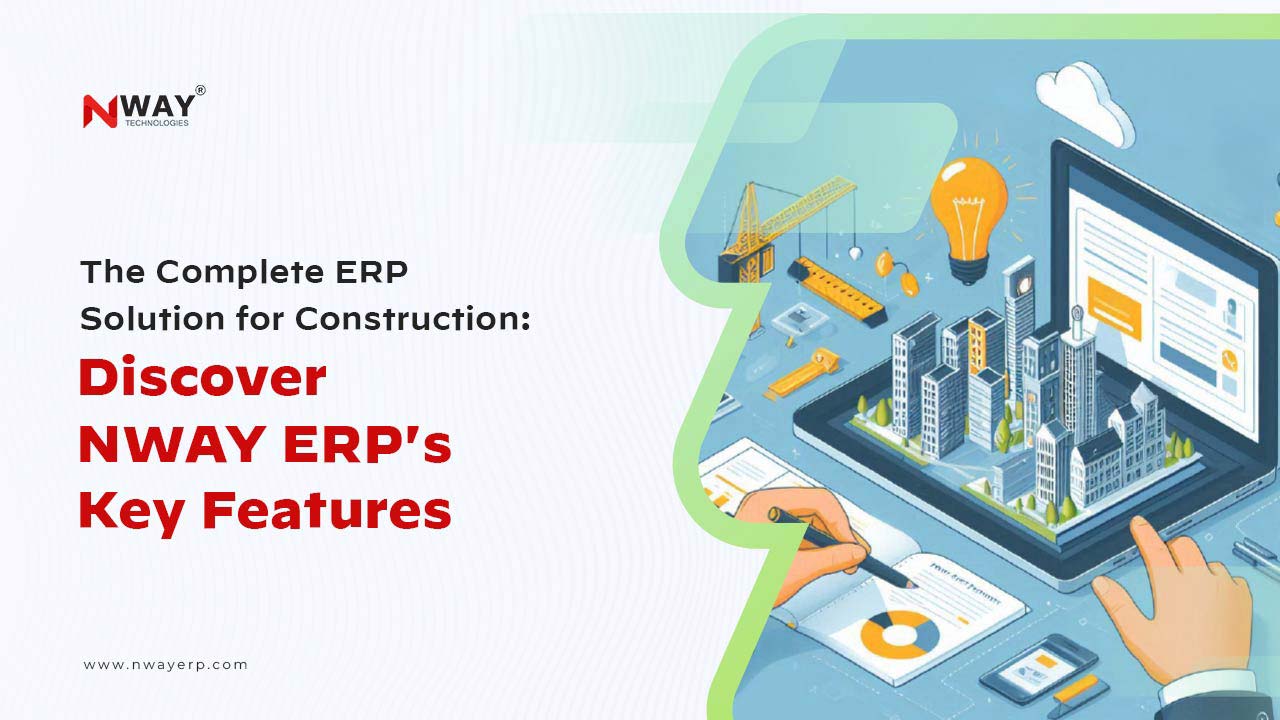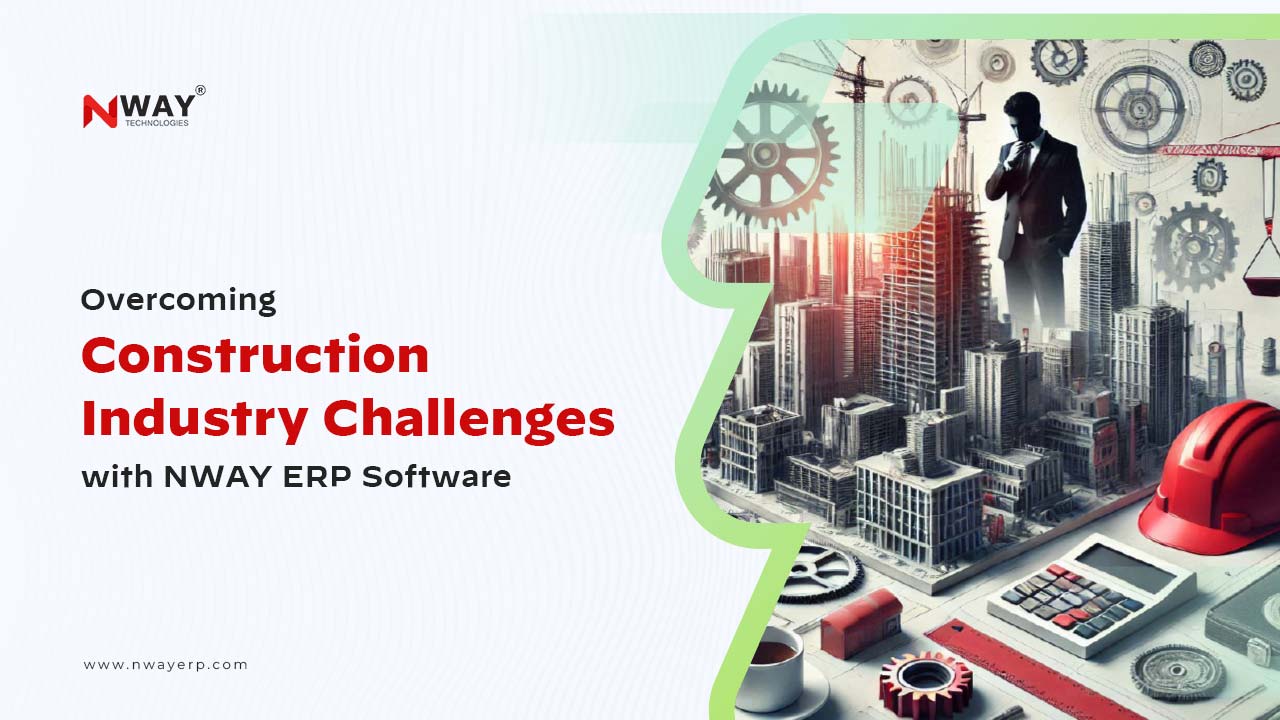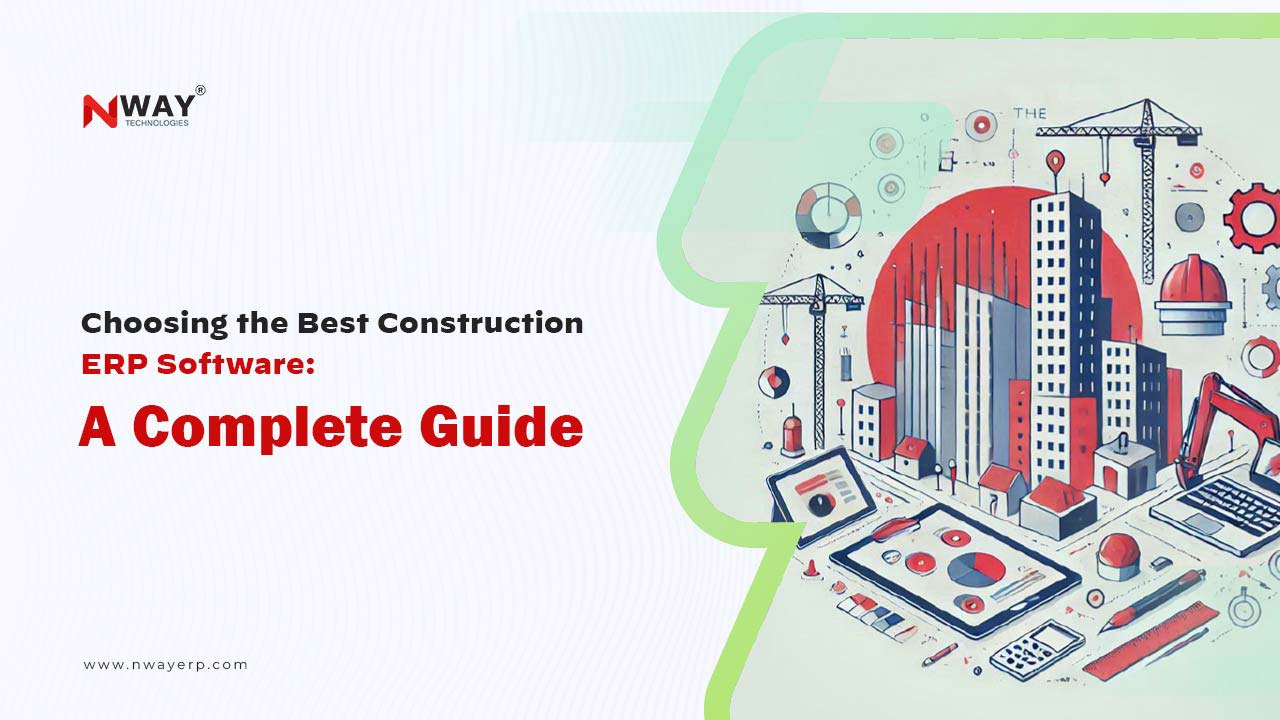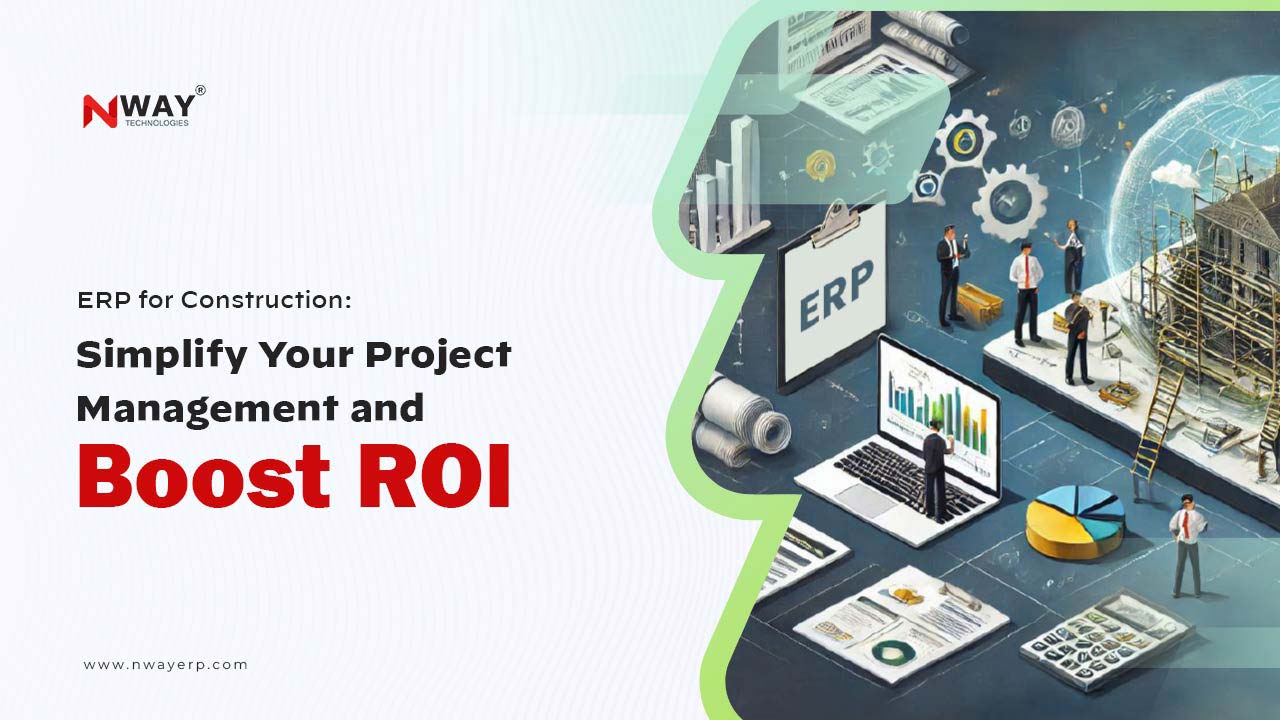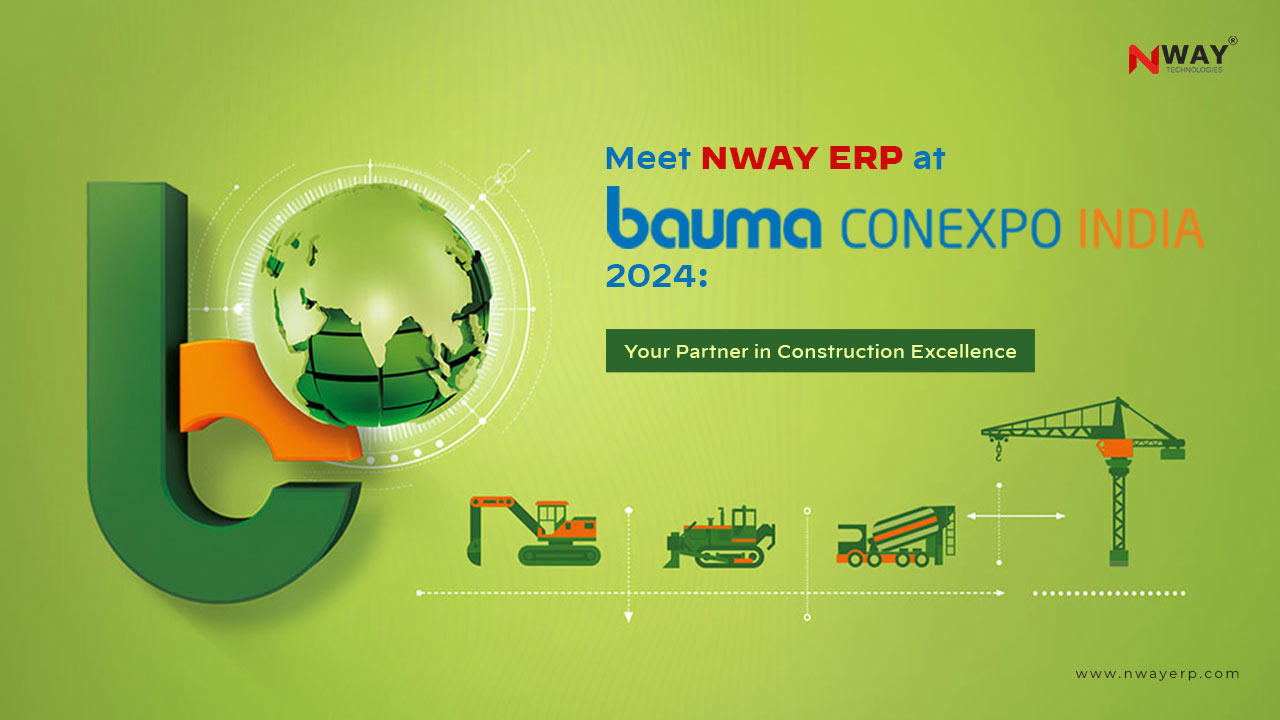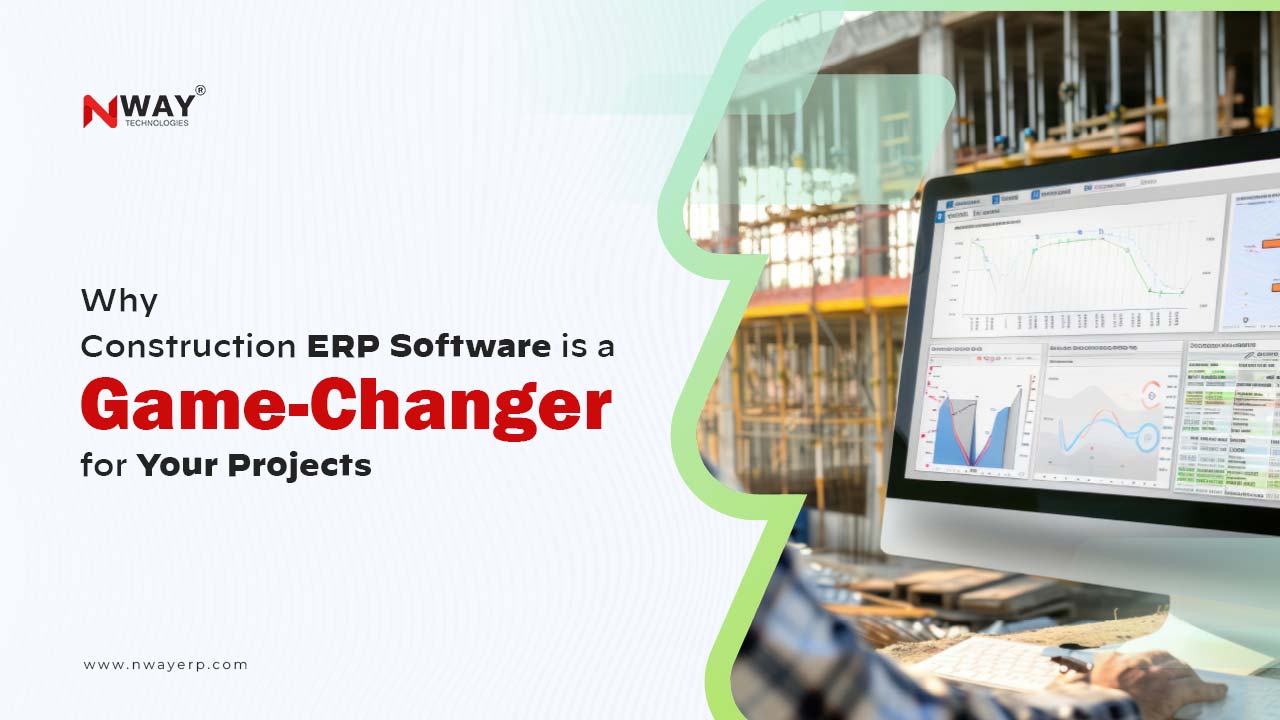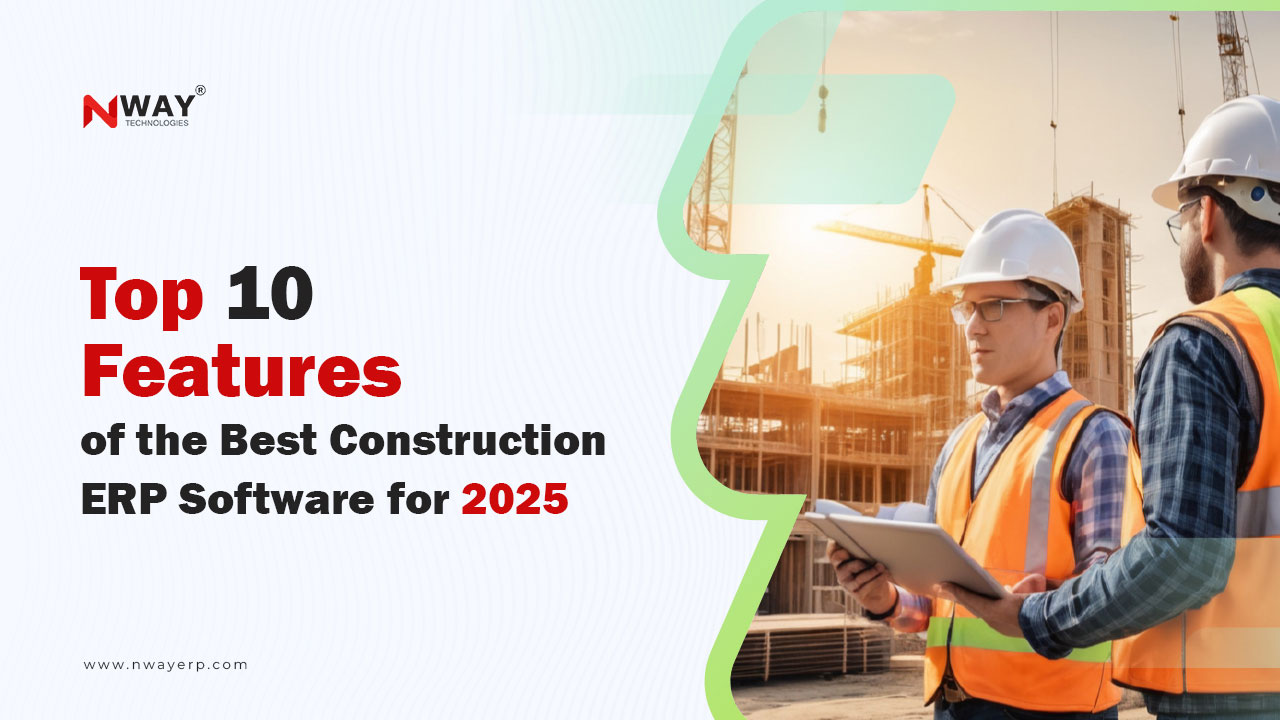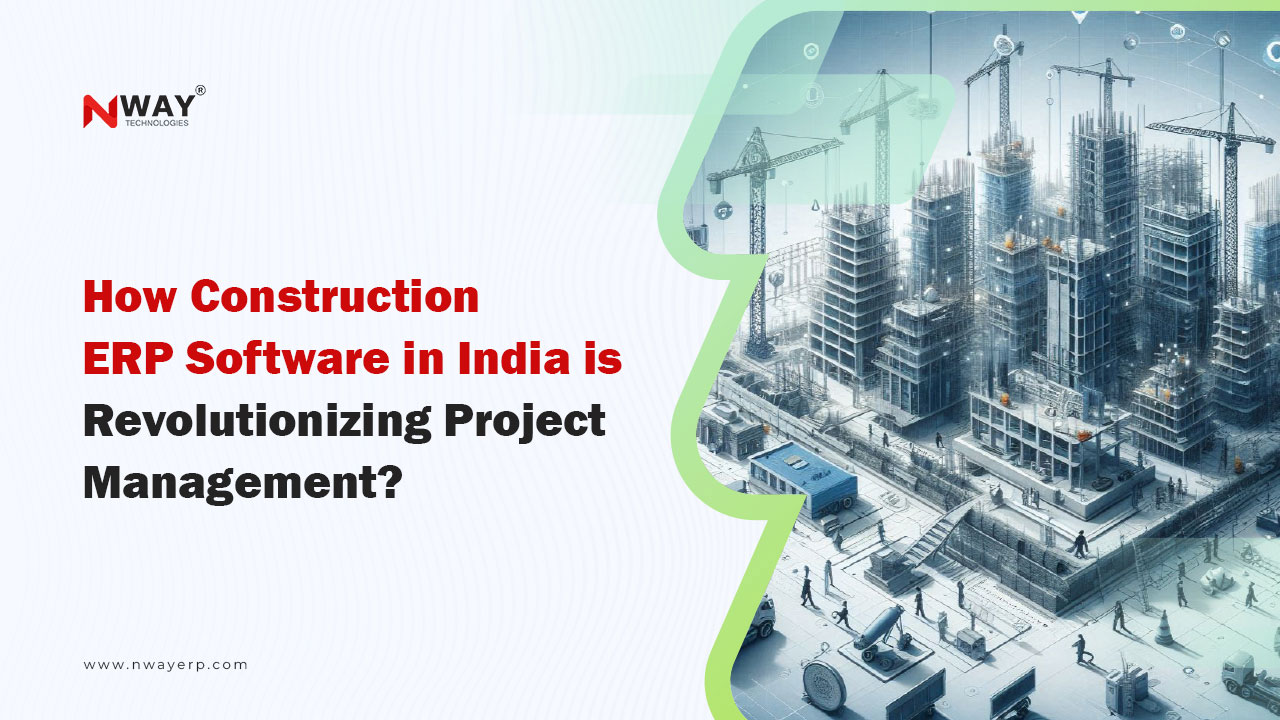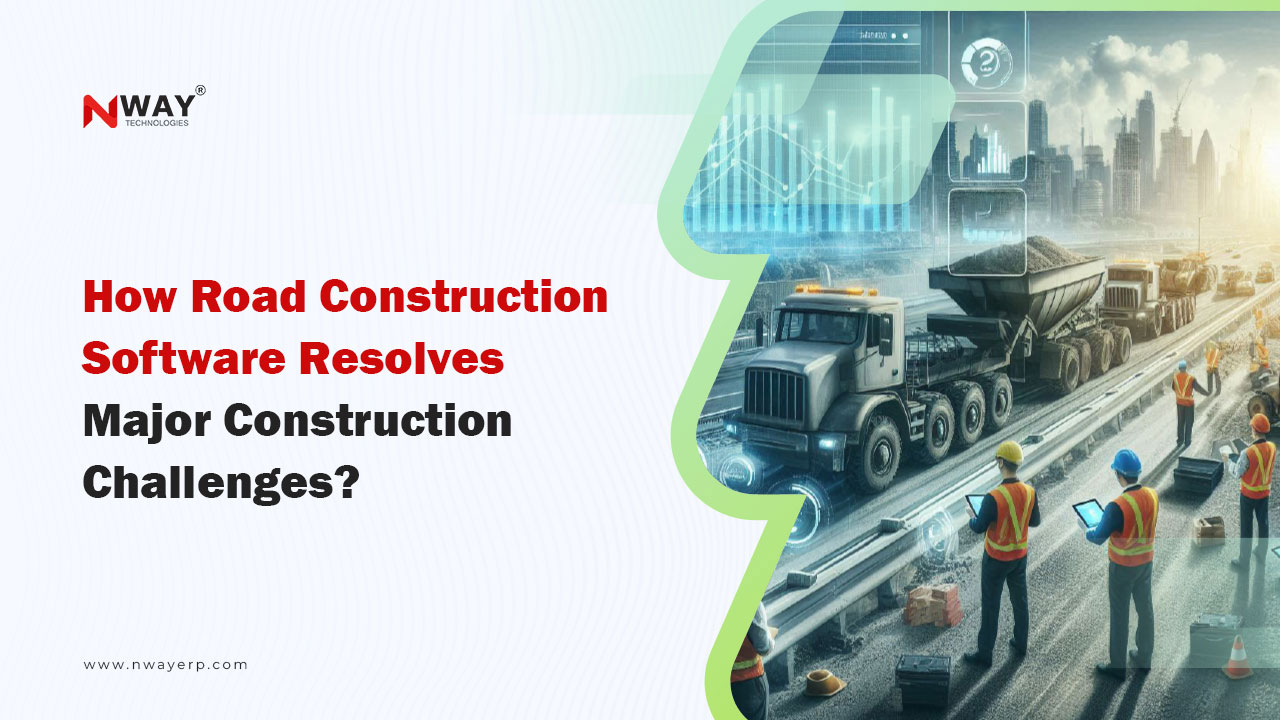Introduction to Infrastructure ERP
Success in infrastructure control depends on streamlining techniques & boosting productivity. As infrastructure projects become more complex, businesses rely on technical solutions to help them manage their operations effectively. ERP software for infrastructure is one such solution that has shown phenomenal success. Infrastructure ERP enables businesses to achieve maximum performance by integrating various infrastructure control aspects into a single platform and optimizing operations by automating manual tasks in infrastructure businesses.
The Importance of Streamlining Operations and Boosting Efficiency in Infrastructure Management
The foundation of any successful infrastructure project is efficient operations. Poor project outcomes, delays, and cost overruns can result from inefficient processes. Organizations can guarantee that projects are finished on time, under budget, and to the highest levels of quality by streamlining procedures and increasing efficiency.
Numerous players, intricate supply networks, and a tremendous amount of data are all involved in infrastructure projects. Making data-driven decisions, managing schedules, and managing resources can be complex without a streamlined strategy. Infrastructure ERP can be helpful in this situation. Infrastructure ERP software assists businesses in overcoming these difficulties and achieving operational excellence by centralizing data, automating procedures, and offering real-time insights.
Understanding Infrastructure ERP and Its Benefits
Infrastructure ERP is a potent software created mainly to address specific infrastructure management requirements. It has many modules and features that improve departmental collaboration and make planning easier.
The ability of Infrastructure ERP to offer real-time visibility into project performance is one of its most significant advantages. It allows project managers to adjust fast and choose the best course of action based on the most recent data. Overall operational efficiency thus rises, enhancing output.
Automation is another benefit of Infrastructure ERP. Infrastructure businesses can decrease human errors, save time, & increase productivity by automating repetitive operations and workflows. Infrastructure ERP can automate the creation of project reports, the approval procedure for change orders, and the monitoring of project costs. Teams may now concentrate on tasks with higher added value, such as stakeholder management and strategy planning.
Implementing Infrastructure ERP in Your Organization
Planning and execution are essential to the successful deployment of Infrastructure ERP. Here are a few vital movements to keep in mind:
- Specify your dreams: Before deploying Infrastructure ERP, specify your desires and what you assume to perform with the program. It will help you in choosing an excellent alternative and forming reasonable expectations.
- Perform a cautious evaluation: Analyse your enterprise’s contemporary structures, tactics, and fact flows. Determine wherein there may be room for development and how Infrastructure ERP might assist.
- Select the perfect response: Look into several Infrastructure ERP software program options and pick an application that suits your business enterprise’s necessities and targets. Consider elements like functionality, scalability, usability, and seller support.
- Arrange for record switch: Arranging for fact migration from existing structures to the new Infrastructure ERP software program will ensure an easy transition. Validate easy statistics to maintain correctness and integrity.
- Develop your group: To guarantee that your body of workers has the know-how and skills to perform the Infrastructure ERP software proficiently, and deliver thorough training. It will boost consumer acceptance and maximize the software’s benefits.
- Monitor and examine: Constantly monitor how the Infrastructure ERP system appears and solicit consumer entry. Regularly check the machine’s overall performance and make the desired adjustments to maximize utilization.
Best Practices for Utilizing Infrastructure ERP for Maximum Efficiency
Here are some important things for organizations to consider to make the most of Infrastructure ERP and improve productivity:
- Make Work Easier: Create consistent processes for your whole organization. It helps reduce mistakes, ensures everyone is on the same page, and makes teamwork smoother.
- Use Real-Time Information: Take advantage of the up-to-date data in Infrastructure ERP when making decisions. You can quickly fix problems, keep track of resources, see how projects are doing, and find areas to improve.
- Automate Repetitive Tasks: Let Infrastructure ERP handle the same tasks every time. It frees your team to focus on more critical work and saves time and effort.
- Connect to Different Systems: Ensure Infrastructure ERP works well with other tools like project management software, schedules, and money management systems. This way, information can move between systems efficiently, and you don’t have to type the same things twice.
- Using Phones and Tablets: Let your team use Infrastructure ERP on their phones and tablets. It helps them access project info and finish tasks even when not in the office. It’s suitable for making decisions and working together.
- Keep Getting Better: Use what you learn from Infrastructure ERP to improve your processes. Look for opportunities to improve, use the best methods, and keep improving your company over time.
Conclusion: Harnessing the Power of Infrastructure ERP for Streamlined Operations and Increased Efficiency
In conclusion, infrastructure ERP changes the environment for companies that manage infrastructure. Infrastructure ERP streamlines operations automates processes, and provides real-time information to help firms achieve operational excellence and boost productivity. By using Infrastructure ERP and following best practices, firms may finish infrastructure projects and stay ahead of the competition. With the development of technology, infrastructure ERP has a promising future. New ideas like IoT integration, AI, ML, and blockchain will influence how businesses manage infrastructure projects—Utilise Infrastructure ERP’s power to liberate your business’s potential for increased effectiveness and simplified operations.
